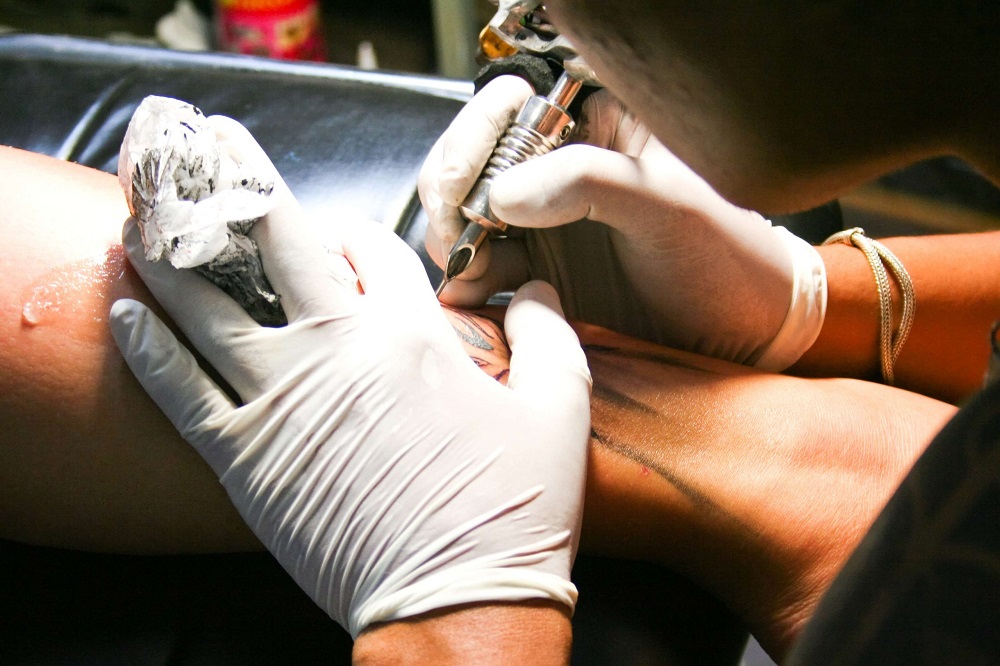Some people are facing problems with their health or personal lives which require them to quit immediately. However, for many people with alcohol use disorder, tapering off alcohol is a far better experience than quitting abruptly. Weaning off alcohol can benefit people who drink moderately or have support systems. If you have a severe alcohol addiction, it might be best to seek professional addiction treatment. People who try tapering off alcohol won’t have the guided support of medical professionals that they would at inpatient treatment. This can make it more challenging to stick to a long-term plan.
Does Drinking Alcohol Cause Hair Loss?

By substituting alcoholic drinks for non-alcoholic drinks, you can still engage in most of your habit without getting the alcohol that makes it addictive. This can taper you off alcohol while still helping you keep up with your normal drinking routine, making the process easier. Figuring out where to start your alcohol taper schedule can be challenging. Counting each drink you consume may seem simple, but all drinks are not created equal. The alcohol content itself is important, and it depends on the percentage of alcohol, the proof of the alcohol and the actual amount of alcohol in the drink.
Personalized Care in Massachusetts Rehab
When you taper your alcohol, you slowly reduce your alcohol intake over time. By gradually drinking less instead of stopping cold turkey, your body has a chance to adapt to smaller and less frequent drinks. In turn, your risk of undergoing alcohol withdrawal may be lower. Quitting abruptly can be dangerous without medical supervision due to potential withdrawal symptoms. Gradually decreasing alcohol intake through supervised tapering can make quitting safer and ease withdrawal severity. However, it is important to be aware of the risks of attempting a taper on your own.

Alcohol and Cialis: Risks, Side Effects & Treatment
Alcohol withdrawal can be deadly, especially for people with alcohol use disorder. If you or your loved one are suffering from alcoholism, seek out professional help from a detox facility or rehab to wean off alcohol. You should always seek medical advice before attempting any kind of alcohol withdrawal. People with moderate to severe alcohol addiction may find an http://www.hallart.ru/other/from-russia-with-love alcohol taper difficult to accomplish. If you have trouble controlling how much you drink or experience significant alcohol cravings, you may need professional help instead of trying to taper your alcohol use at home.

Tapering is a more cost-effective method of stopping alcohol use, especially for those who do not have healthcare insurance or the resources needed to get a professional detox. People who have successfully tapered from alcohol before may be especially likely http://www.egorgerasimov.ru/dictionary/d/word_drinking_song.html to benefit from this strategy. You don't have to let the fear of alcohol withdrawal stop you from cutting back or quitting. You should plan to taper for between three and seven days depending on how much you’re used to drinking.
- If you’re sweating, place a cold towel on your forehead or on the back of your neck.
- Deciding to taper off alcohol is a slower process that requires planning, but it can decrease both the chase of experiencing severe withdrawal symptoms and relapse.
- For individuals with a history of heavy alcohol use or those experiencing severe withdrawal symptoms, medical supervision is essential to ensure safety and provide necessary support.
- Alcohol causes serious changes in the brain, and prolonged symptoms such as sleep problems, mood changes and fatigue may take months to overcome, according to the U.S.
Tapering vs Cold Turkey
Slowly decreasing the amount you drink over time can spare your body from withdrawal symptoms. This is because drinking heavily over a long period can cause your body to become physically dependent on alcohol. With physical dependence, your body becomes used to the presence of alcohol in your system and begins to adapt accordingly. Alcohol addiction can have a profound impact on various aspects of https://197na.com/author/197na/ a person's life. Physically, excessive alcohol consumption can lead to a range of health issues, including liver damage, cardiovascular problems, and an increased risk of certain types of cancer. It can also affect mental health, leading to anxiety, depression, and cognitive impairments.
- If you’re struggling to stick to a taper or do not trust yourself to moderate your alcohol use, having strict supervision and support can help you meet your recovery goals.
- One important thing to do when addressing alcohol withdrawal is to distance yourself from enablers and any drinking advocates that are in your life.
- Treatment for alcohol withdrawal involves a combination of nonpharmacological approaches and pharmacotherapy.
- If you feel more severe symptoms, such as paranoia, increased pulse, or tremors sometimes called alcohol shakes, you should taper more slowly and consider seeking professional help.
- I took a few shots and luckily nothing bad happened, but something easily could have happened.
- If you experience dangerous signs such as high blood pressure, racing heart, or arrhythmias, slow your taper and seek assistance.
Consider professional support
- This can happen whether you’re quitting alcohol cold turkey or tapering.
- This is the same thing they’ll do if you go to a detox facility or hospital, except they’ll use medications instead of alcohol for the taper.
Finding a therapist can also be a great starting point if you’re uncomfortable opening up to your healthcare professional. Family and friends can provide encouragement and support when you stop drinking. By opening up about your relationship with alcohol, you might also encourage others to explore their own drinking habits. “Management of moderate and severe alcohol withdrawal syndromes.” September 15, 2023. Weaning off alcohol can not only dramatically improve the quality of your life, but it can also actually save it. If you are looking to reduce your alcohol consumption safely, contact Legacy Healing.
Quitting alcohol can be extremely hard, especially without medical support. Further, mental health disorders like anxiety and depression are extremely common in those who struggle with drinking, and these disorders can make it even harder to stay sober. Prolonged and excessive alcohol consumption can impact your brain, causing changes to the neurotransmitter gamma-aminobutyric acid (GABA) receptors. Heavy drinking can lead to a reduction in the sensitivity of your brain to the amount of GABA produced. If you abruptly stop consuming alcohol, your brain may not have enough sensitivity to GABA, which can result in hyper-excitability and withdrawal symptoms.

Tapering at Our Medical Detox Facility in Washington
They can provide guidance, monitor symptoms, and ensure that appropriate support is in place throughout the process. Natural remedies and self-care techniques can also complement the cold turkey approach to help manage withdrawal symptoms. The cold turkey approach involves quitting alcohol abruptly and completely. This method requires a strong commitment and determination to quit without any gradual reduction or tapering. While this approach can be challenging, it can also be empowering for individuals who prefer an immediate and decisive change. It is recommended to seek professional guidance when implementing the gradual reduction method.